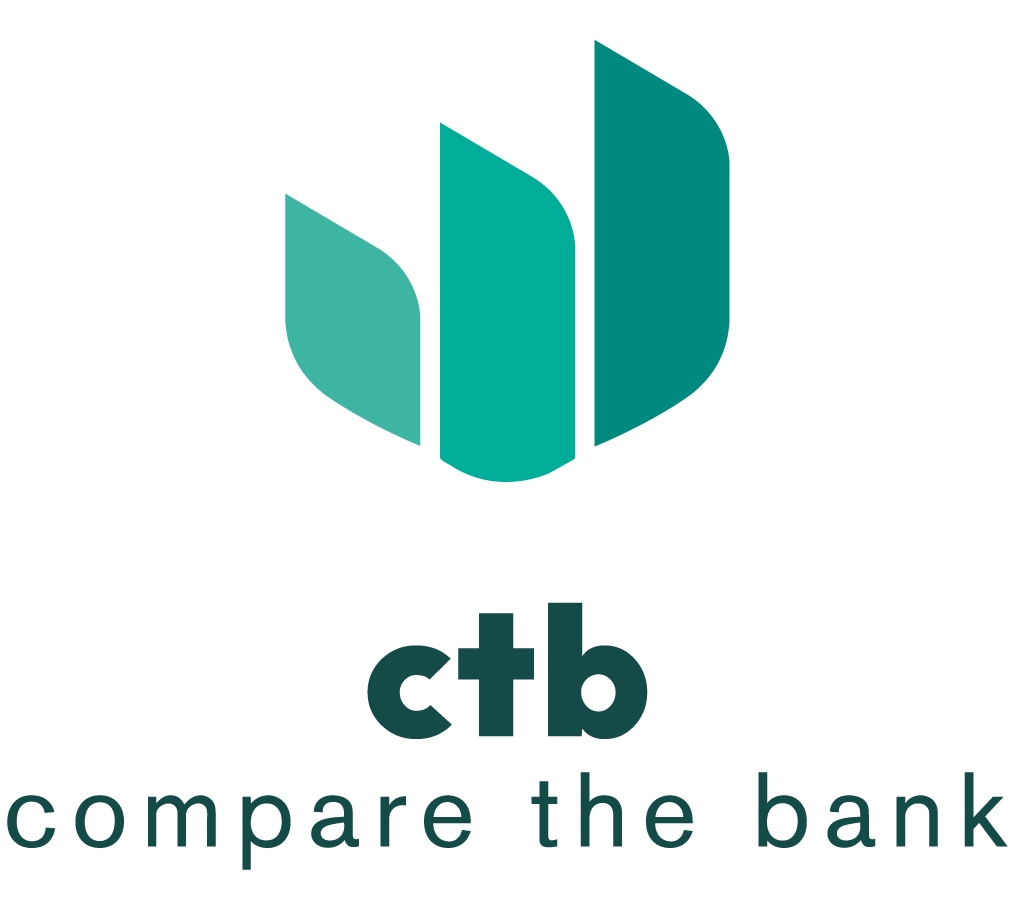A commercial mortgage is a type of loan used to purchase or refinance commercial real estate properties. Unlike residential mortgages, which are used to buy homes, commercial mortgages are specifically designed for businesses and investors looking to acquire or refinance income-producing properties or properties used for business purposes. Here are some key points to understand about commercial mortgages:
Purpose
Commercial mortgages are used for various purposes related to commercial property, including buying office buildings, retail centres, warehouses, apartment complexes, hotels, industrial facilities, and other income-generating properties.
Property Types
They can be used to finance various types of properties, including commercial, industrial, multifamily (apartment buildings), retail, hospitality, and more.
Loan Structure
Commercial mortgages typically have different terms and structures compared to residential mortgages. They often have shorter loan terms, higher interest rates, and larger down payment requirements.
Interest Rates
The interest rates on commercial mortgages can be fixed or variable and are typically higher than those on residential mortgages due to the increased risk associated with commercial properties.
Loan-to-Value (LTV) Ratio
Lenders may require a lower LTV ratio for commercial mortgages, meaning borrowers often need to make larger down payments, usually ranging from 20% to 35% or more, of the property’s purchase price.
Amortization Period
Commercial mortgages often have shorter amortization periods, typically ranging from 15 to 30 years. However, the loan term may be shorter, such as 5, 7, or 10 years, after which the loan may need to be refinanced.
Recourse vs. Non-Recourse
Commercial mortgages can be either recourse or non-recourse loans. In a recourse loan, the borrower is personally liable for the debt, while a non-recourse loan limits the lender’s recourse to the collateral (the property itself).
Underwriting
Lenders assess the creditworthiness of both the borrower and the property itself when evaluating commercial mortgage applications. They often consider the property’s income potential, location, and the borrower’s financial stability.
Purpose-Specific Loans
Some commercial mortgages are designed for specific purposes, such as construction loans, bridging loans (short-term financing) or Property Development (PD) loans.
Loan Documentation
The documentation required for a commercial mortgage application is typically more extensive than that for a residential mortgage. It often includes business financial statements, rent rolls, property appraisals, and more.
Loan Repayment
The borrower makes regular mortgage payments to the lender, which typically include both principal and interest. These payments are based on the agreed-upon terms in the loan agreement.
Commercial mortgages play a crucial role in enabling businesses to acquire and invest in property assets that support their operations and generate income. However, due to their complexity and the financial risks involved, it’s essential for borrowers to carefully evaluate their options and work with financial advisors or professionals experienced in commercial finance when considering a commercial mortgage.
If you want to discuss your requirement in more detail, feel free to call on the number below or fill out a call back request form and we’ll be in touch to assist with any queries you may have
If you want to discuss your requirement in more detail, feel free to call on the number below or fill out a call back request form and we’ll be in touch to assist with any queries you may have
